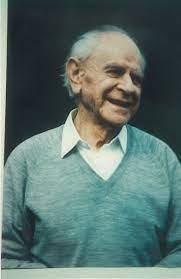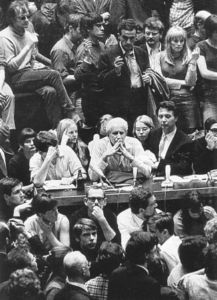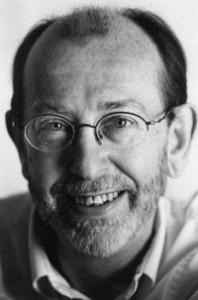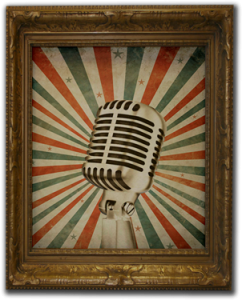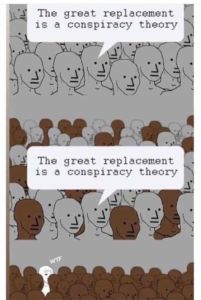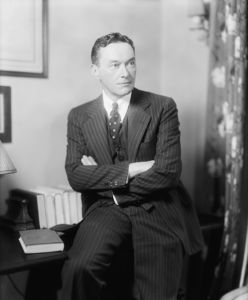
Walter Lippmann, whose anti-democratic skepticism changed the course of American politics in the twentieth century.
3,142 words
Part 4 of 9 (Chapter 1 here, Chapter 3 here, Chapter 4 Part 2 here)
Politically, democracy means the sovereignty, not of the average man — who is a rather narrow, short-sighted, muddle-headed creature — but of a matured public opinion, a very different thing . . . In the forming of this opinion the sage has a million times the weight of the field hand. With modern facilities for mind influencing mind, democracy, at its best, substitutes the direction of the recognized moral and intellectual élite for the rule of the strong, the rich, or the privileged. — Edward Alsworth Ross, Changing America (1912) (more…)



